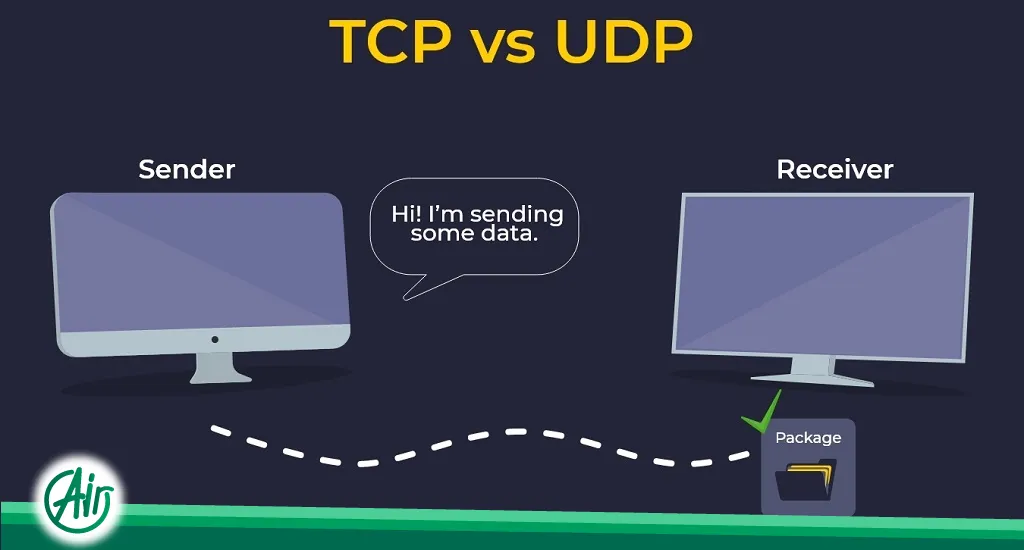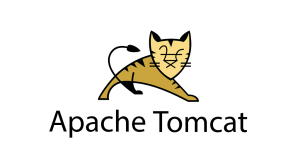Differences Between UDP and TCP
What is UDP and TCP differences? Choosing the appropriate protocol for data transmission within a network is indeed one of the most crucial decisions that programmers and network designers face. Central to this decision are two primary protocols: TCP and UDP, each presenting a distinct array of benefits and limitations. Consequently, this article will delve into 10 key differences between TCP and UDP to assist you in selecting the protocol best suited for your application’s specific needs.
-
Connection:
- TCP: Connection-based. Before data transmission, the sender and receiver establish a virtual “handshake,” a process involving the exchange of information such as port numbers and IP addresses.
- UDP: Connectionless. Data is sent without the need to establish a preliminary connection.
Advantage:
- TCP: Ensures reliability and sequencing of the data.
- UDP: Increases data transmission speed.
-
Reliability:
- TCP: Reliable and effective, TCP utilizes methods such as sequential packet numbering, error checking, and acknowledgements to ensure accurate data arrival. This structured approach significantly enhances the integrity and dependability of data transmission.
- UDP: Unreliable.
benefit:
- TCP: Suitable for applications needing flawless data transfer, such as email and web browsing.
- UDP: Ideal for speed-critical applications like streaming and online gaming.
-
Sequencing:
- TCP: Delivers data in the correct order.
- UDP: Does not guarantee data sequencing.
Advantage:
- TCP: Apt for applications requiring ordered data reception like file transfer and web surfing.
- UDP: Suitable for applications where data ordering is not crucial, such as audio and video streaming.
-
Flow Control:
- TCP: Adjusts the data sending rate based on the receiver’s capacity to prevent saturation.
- UDP: Lacks flow control.
benefit:
- TCP: Protects the network from being overloaded.
- UDP: Maximizes data transfer speed.
-
Speed in TCP and UDP:
- TCP: Slower due to error checks and flow control.
- UDP: Faster as it lacks these mechanisms.
Advantage:
- TCP: Conducts data transfers with high accuracy and correctness.
- UDP: Suitable for high-speed requirements such as online games and VoIP calls.
-
Header:
- TCP: Has a larger header because it carries more information, including sequence numbers and checksum.
- UDP: Has a smaller header.
benefit:
- TCP: Provides more information for control and management of data transfer.
- UDP: More efficient and utilizes network bandwidth more effectively.
-
Applications of TCP and UDP:
- TCP:
Used for applications that require high reliability and sequencing, such as file transfer, web browsing, email, and online banking.
- UDP: Used for high-speed priority applications such as live video broadcasting, online games, and VoIP calls.
- TCP:
-
Retransmission:
- TCP: Retransmits lost packets if acknowledgements are not received.
- UDP: Does not retransmit lost packets.
Advantage:
- TCP: Prevents data from failing to reach its destination.
-
Congestion Control:
- TCP: Employs congestion control mechanisms, such as dynamic window scaling algorithms, to prevent network overload.
- UDP: Lacks congestion control.
benefit:
- TCP: Shields the network against heavy traffic and congestion.
- UDP: Aids in maximizing data transfer speed in less trafficked networks.
-
Complexity in TCP and UDP:
- TCP: Implementation is more complex due to assurance mechanisms and controls.
- UDP: Simpler to implement.
Advantage:
- TCP: Offers more capabilities for managing and controlling data transfers.
- UDP: More suitable for simple and lightweight applications.
Conclusion:
In conclusion, this detailed examination has highlighted the essential differences between the TCP and UDP protocols. When deciding which to use, it’s imperative to consider the particular requirements of your application. If reliability and sequential data integrity are your top priorities, TCP should be your protocol of choice. Conversely, if you are seeking expedited data transmission for activities such as live streaming or online gaming, UDP emerges as the preferable option. Ultimately, grasping these distinctions is crucial, as it equips you with the knowledge to make informed decisions, ensuring your network communication is both effective and dependable.






